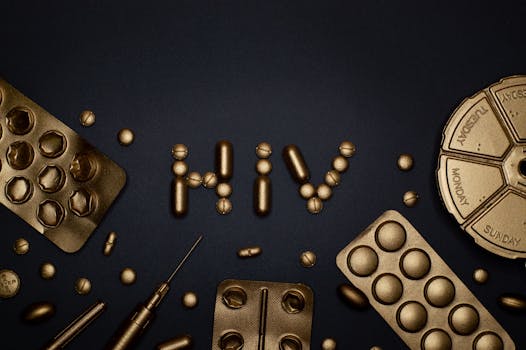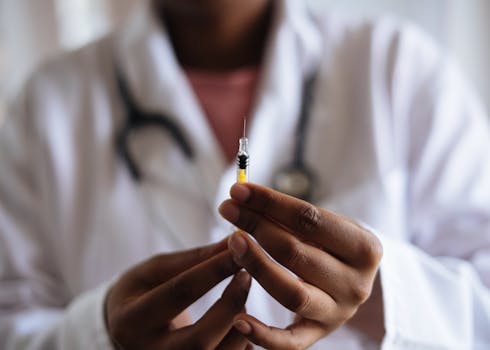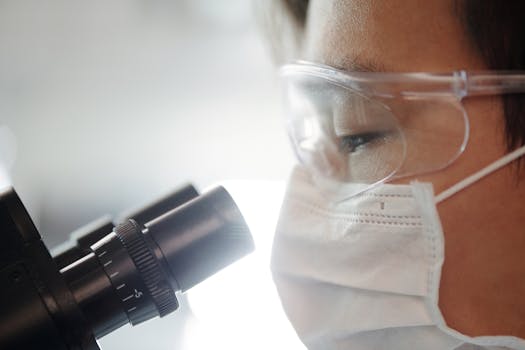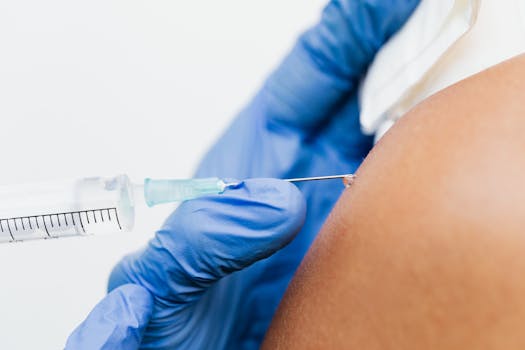
The Science Behind Vaccines and Public Health: Understanding the Impact
The science behind vaccines and public health is a complex and multifaceted field that has been instrumental in saving millions of lives worldwide. Vaccines and public health are closely intertwined, as vaccines are a key tool in preventing the spread of infectious diseases and maintaining public health. In this article, we will delve into the science behind vaccines, their history, and their impact on society.
What are Vaccines and How Do They Work?

Vaccines are biological preparations that provide active acquired immunity to a particular infectious disease. They work by introducing a small, harmless piece of a pathogen, such as a virus or bacteria, to the body, which then triggers an immune response. This immune response helps the body to recognize and fight the pathogen, preventing infection and disease.
History of Vaccines

The concept of vaccination dates back to the 18th century, when Edward Jenner developed the first vaccine against smallpox. Since then, vaccines have been developed against a wide range of diseases, including measles, mumps, rubella, polio, and many others. Today, vaccines are estimated to save between 2 and 3 million lives every year.
The Impact of Vaccines on Public Health

The impact of vaccines on public health has been profound. Vaccines have been instrumental in controlling and eliminating many infectious diseases, including smallpox, polio, and measles. In addition, vaccines have also been shown to have a significant impact on reducing the spread of infectious diseases, such as influenza and pneumococcal disease.
Conclusion

In conclusion, the science behind vaccines and public health is a complex and multifaceted field that has been instrumental in saving millions of lives worldwide. Vaccines and public health are closely intertwined, and it is essential that we continue to develop and distribute vaccines to protect against infectious diseases. By understanding the science behind vaccines and their impact on society, we can work towards a healthier and more equitable world for all.



